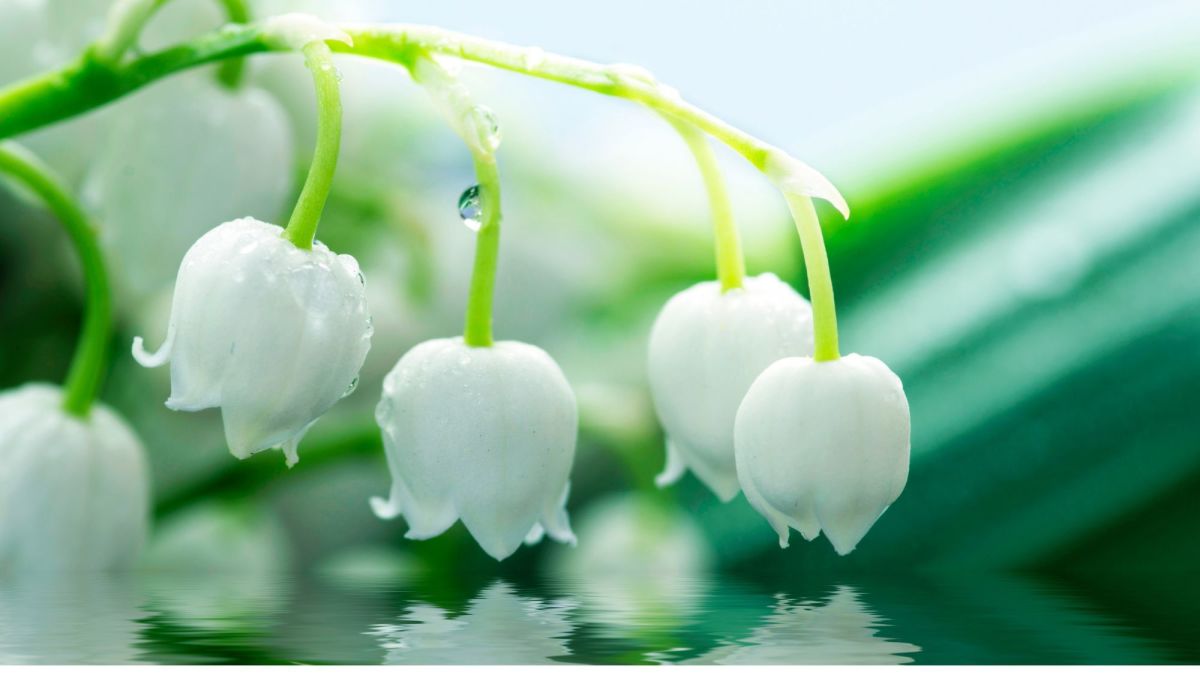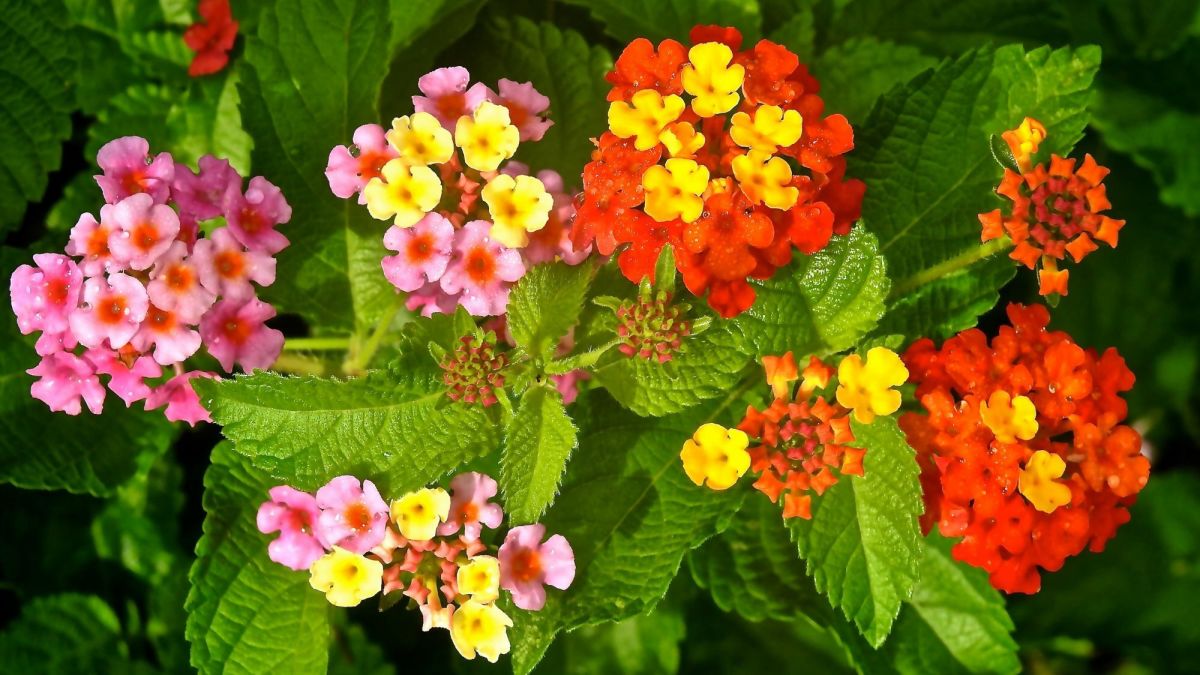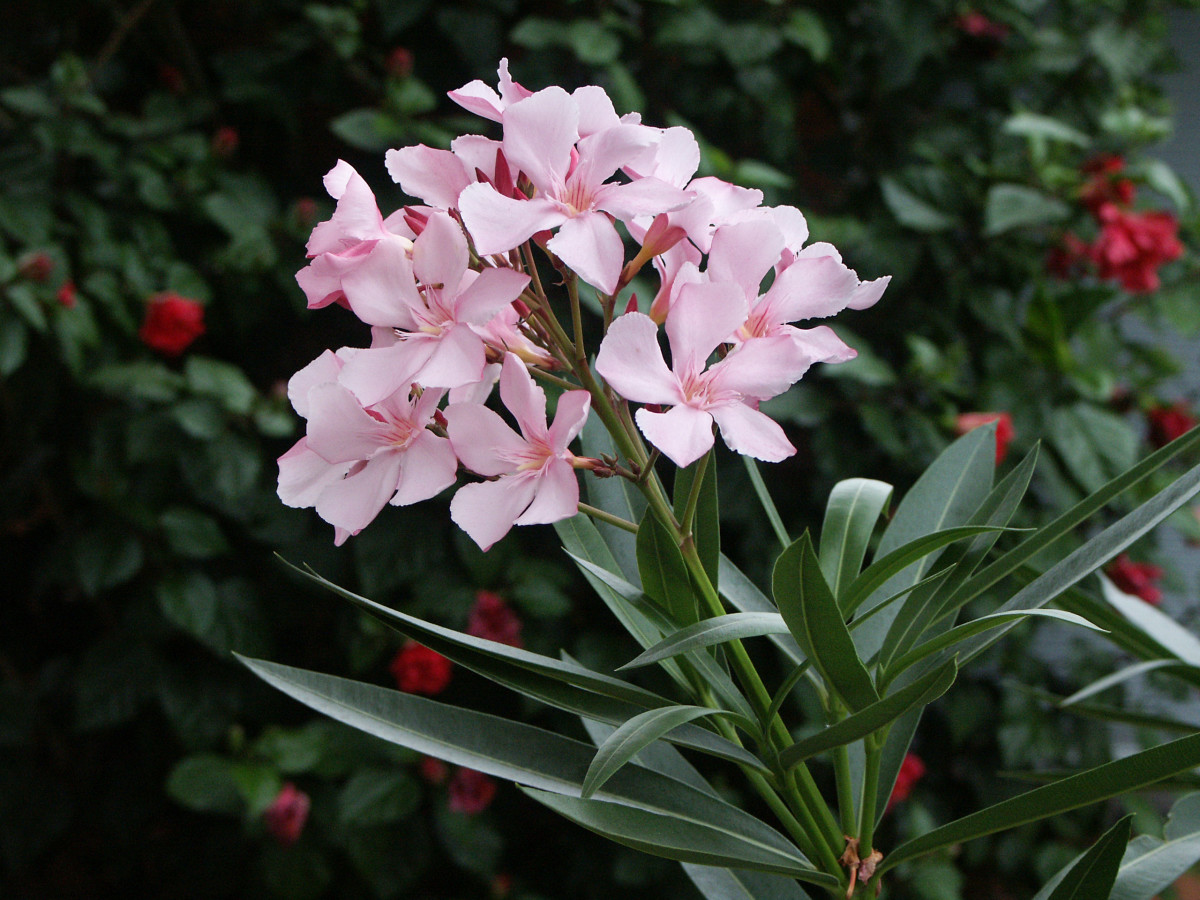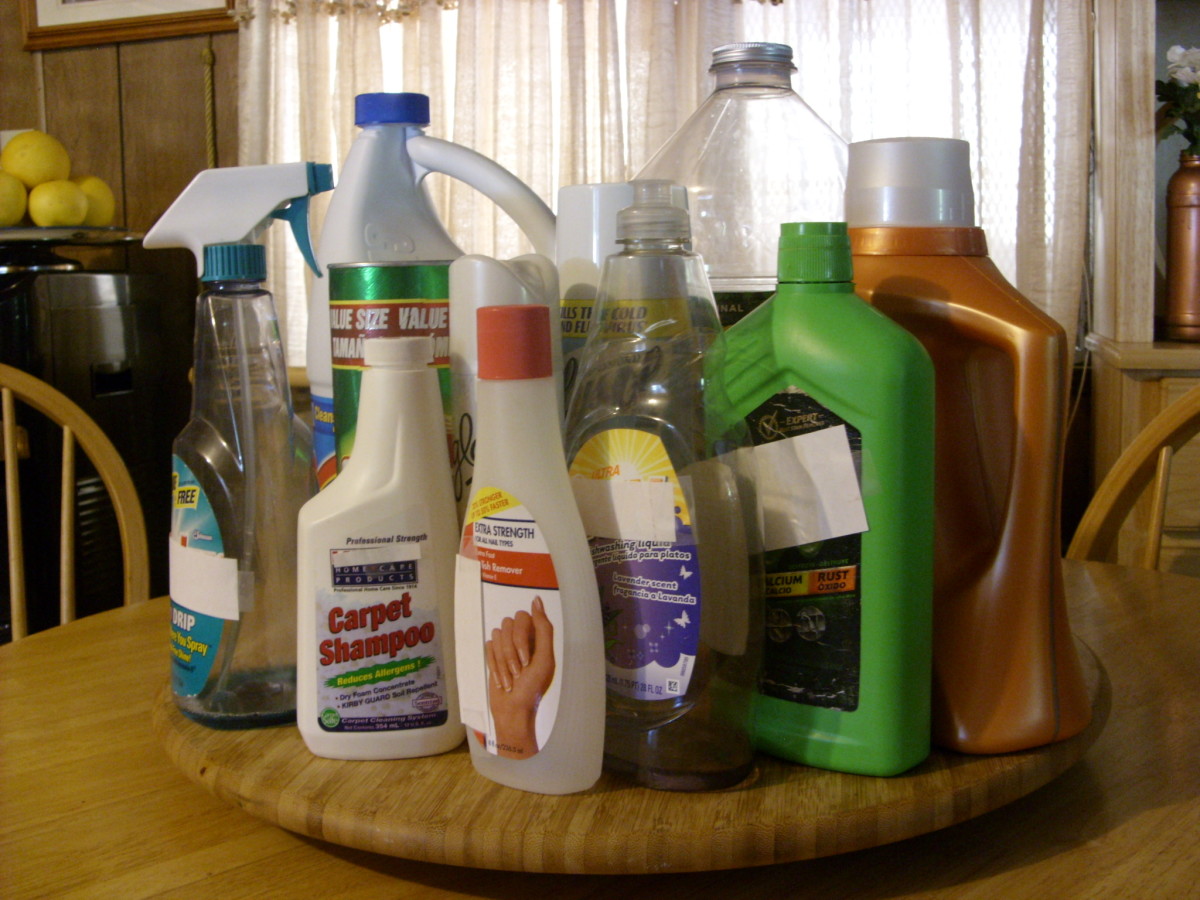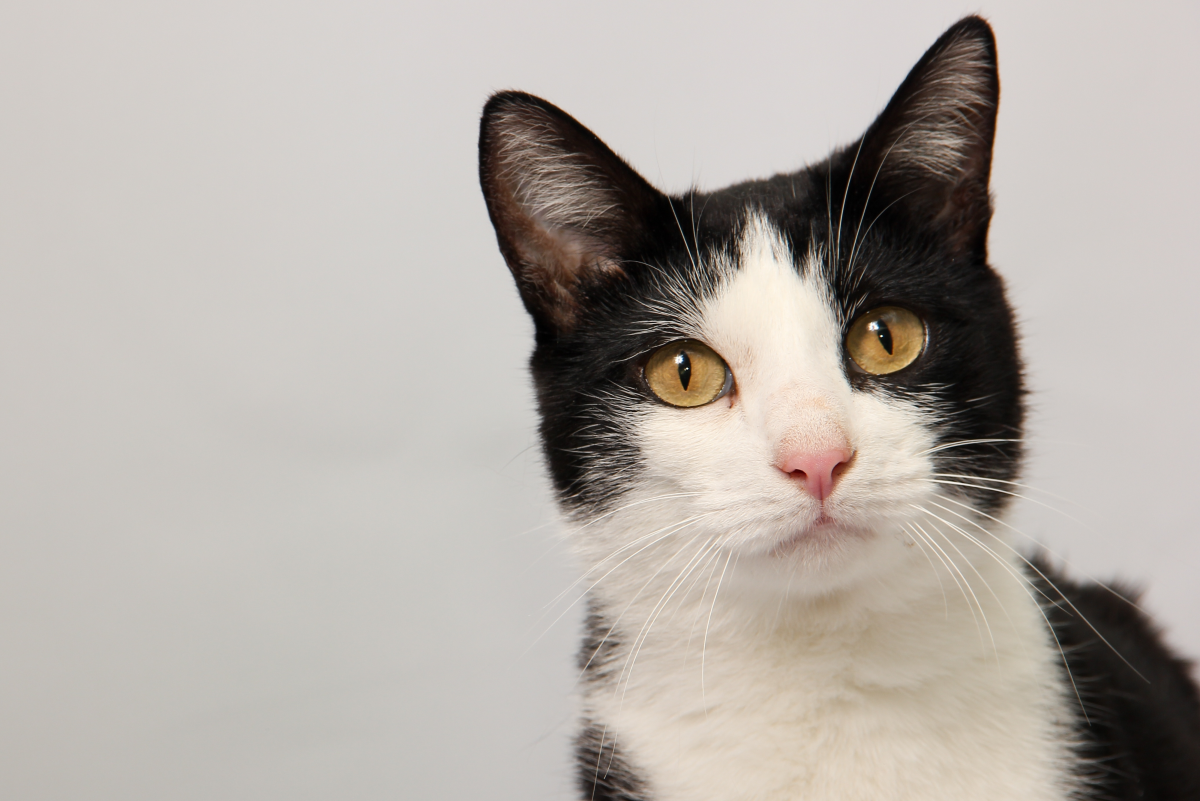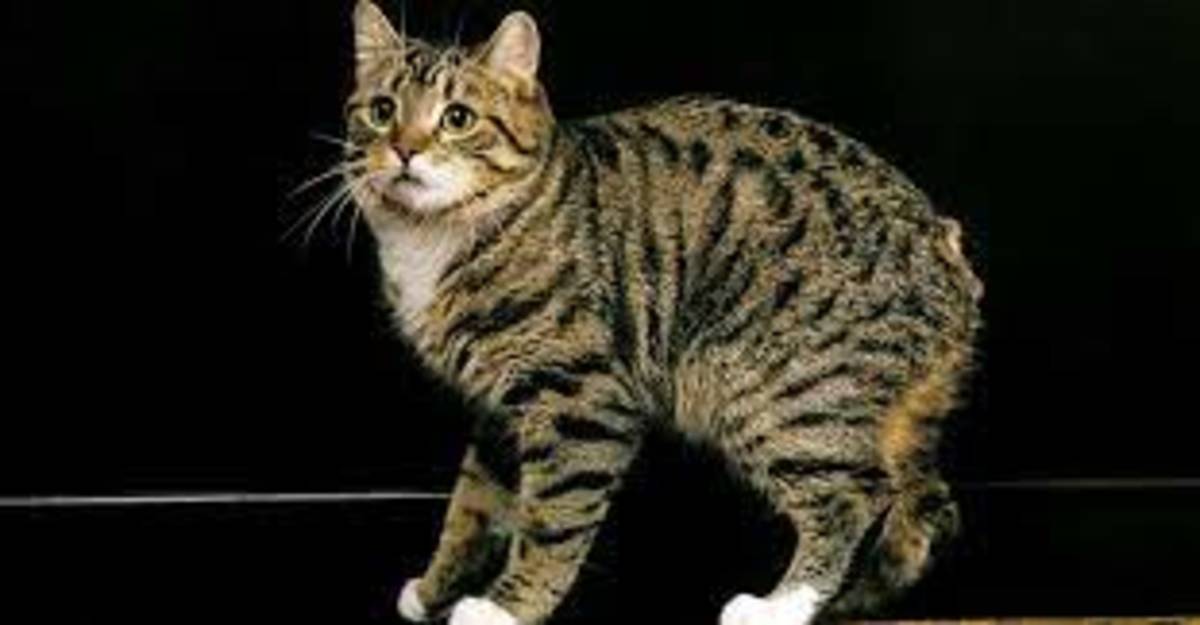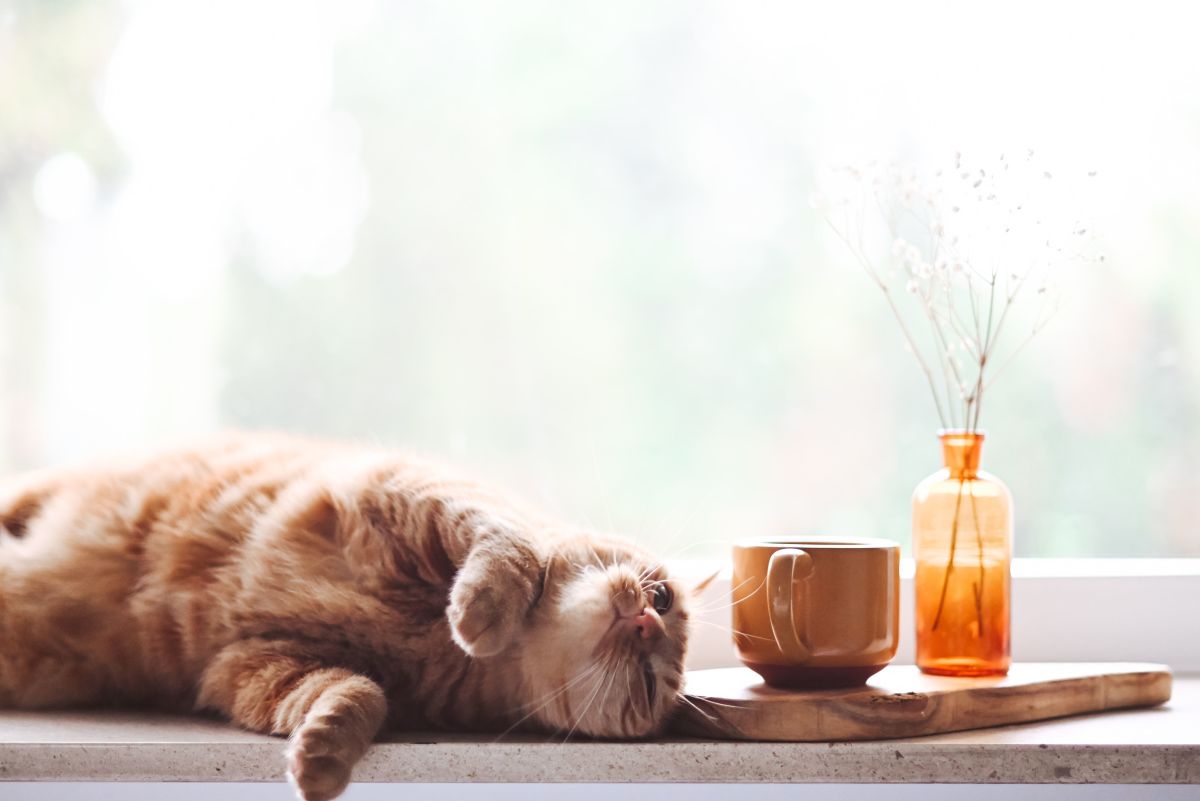Poisonous Plants For Cats and Dogs
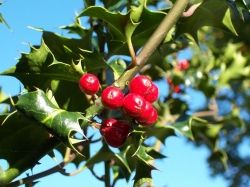
Plants and Chemicals That Can Poison Your Pet
Many house plants and outdoor plants are poisonous to cats. Along with chemicals they are the main source of poison deaths of cats and dogs. Some are poisonous when they are eaten and others can be just from skin contact. Here I'll share with you the list of plants that are poisonous to cats and dogs and your pet's reaction to the plant.
I'll also share what to do if you think your cat has been poisoned.
10 Most Common Plants That Can Poison Your Cat or Dog
Plus Poison Help Line
The 10 most common toxic plants taken from the ASPCA's Animal Poison Control Center website.
Aspca Animal Poison Control Center Hotline
For any animal poison-related emergency, 24 hours a day, 365 days a year, call (888) 426-4435. A $55 consultation fee may be charged.
Marijuana - Results in depression of the central nervous system and in coordination, vomiting, diarrhea, drooling, increased heart rate, even seizures and coma.
Sago Palm - All parts are poisonous. The ingestion of just one or two seeds can result in vomiting, diarrhea, depression, seizures and liver failure.
Lilies - Highly toxic to cats. Even ingestions of very small amounts of the plant, severe kidney damage could result.
Tulip/Narcissus bulbs - The bulb portions can cause intense gastrointestinal irritation, drooling, loss of appetite, depression of the central nervous system, convulsions and cardiac abnormalities.
Azalea/Rhododendron - Can produce vomiting, drooling, diarrhea, weakness and depression of the central nervous system in animals; could ultimately lead to coma and death.
Oleander - All parts of Nerium oleander are considered to be toxic, and can cause serious effects-including gastrointestinal tract irritation, abnormal heart function, hypothermia and even death.
Castor Bean - The poisonous ricin can produce severe abdominal pain, drooling, vomiting, diarrhea, excessive thirst, weakness and loss of appetite. Severe cases can result in dehydration, muscle twitching, tremors, seizures, coma and death.
Cyclamen - Lacycmine's highest concentration is typically in the root and can produce significant gastrointestinal irritation, including intense vomiting. Fatalities have also been reported in some cases.
Kalanchoe - Can produce gastrointestinal irritation and can seriously affect cardiac rhythm and rate.
Yew - Taxine causes central nervous system effects such as trembling, in-coordination, and difficulty breathing. It can also cause significant gastrointestinal irritation and cardiac failure, which can result in death.
Get a complete list at
Animal Poison Control Center Website
ASPCA Animal Poison Control Center Hotline
(888) 426-4435
For any animal poison-related emergency, 24 hours a day, 365 days a year, call. A $55 consultation fee may be charged.
Symptoms of poisoning
Look for the following symtoms
Symptoms:
Poisonous plant when ingested cause the following reactions:
1. Vomiting
2. Dehydration and diarrhea
3. Foaming at the mouth
4. Excessive drooling and drinking
5. The cat's mouth can become red and irritated.
6. In extreme cases, a cat can fall into a coma and die.
Treatments for poisoning
If you think your cat has been poisoned...
Treatments:
Ingested Toxins: There are different treatments for different poisons. Most vets will try to induce vomiting in order to eliminate the toxin from the body.
Skin Exposure: Toxin residue on the fur or skin needs to be thoroughly remove by washing the cat's fur. Both mineral oil and vegetable oil are effective for removing poisons such as gasoline or turpentine.
For any animal poison-related emergency, contact Aspca Animal Poison Control Center Hotline 24 hours a day, 365 days a year, call (888) 426-4435.
If your cat is experiencing nervous system disorders (convulsions, unconsciousness and difficulty breathing) get them medical care immediately!
17 Poisonous Plants - Video by ASCPA - See Video here
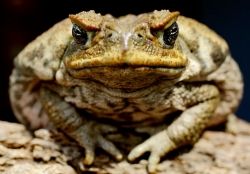
Curiosity CAN Kill Dogs and Cats - Dangers To Watch Out For
What Poisons And How To Recognize The Signs Of Poisoning
Curiosity makes cats and dogs vulnerable to poisons because they have to play with or chew on everything. They can get very sick, very quickly and even die from poisoning if not treated quickly enough.
Chemicals: Here are a few of the common chemicals that are poisonous for cats:
1. Antifreeze. Dogs and cats like the taste and will lick it off of the garage floor. It can cause seizures and if enough is ingested, can kill a pet.
2. Rat poisons and insect sprays and treatments. If you treat your home with insecticides it's very important to keep your cat away from the treated area for several hours. If you spray inside of your home, thoroughly wash the cat's food and water bowls to clean off any insecticide residue.
3. Bleach, alcohol, gasoline, turpentine, lead, acid, garbage waste and paint.
4. Toads and salamanders.It will be evident by excessive foaming at the mouth and drooling.
5. If your cat or dog eats a bird, insect or rat that has been infected by a poison, it is likely that your pet will become ill, as well.
6. Wood glues such as Elmers Pro-bond and Gorilla Glue contain polyurethane and is very deadly. Even if only a small amount is eaten, it can swell in the stomach resulting in severe gastrointestinal problems which can cause blockages and require emergency surgery to remove the mass. Years ago my brother worked in a shop that re-upholstered furniture and his dog ate a tube of glue and died within a day.
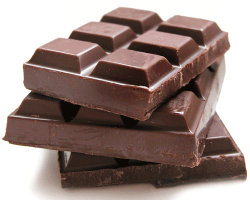
Foods that can poison your pets
Keep these food items away from your pets
Other things besides plants and poisons can kill your pets. The following items are not to be taken lightly. Do NOT feed anything with these items to you cat or dog. They are NOT treats!
1. Chocolate. Just a little bit of chocolate can kill your cat or dog. Make sure to keep these treats out of sight and reach. A great article by a vet about chocolate and how much is deadly is at A tale of two chocolates: How much is too much and how to know
2. Xylitol. Xylitol is a sweetener that is extremely dangerous to your pet's health. Just a few grains of this sweetener can kill your dog or cat. Xylitol is found in toothpastes, sugar-less gums and other candies. Read the ingredients of all foods and products you buy, not only for your health and safety but that of your pets.
3. Alcohol. Many people think it amusing to give their pet alcohol, but it is very dangerous. Alcohol depresses the central nervous system, causing tremors, difficulty in breathing, and can cause coma and even death.
4. Grapes and Raisins. These are known to cause kidney failure.
For a more foods that can poison your cat or dog, go to people foods that poison pets.
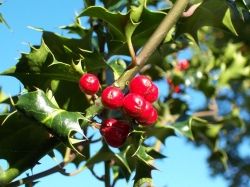
Keep Your Pets Safe During Holidays
Holly and Mistletoe and many Lilies are toxic to pets.
During the holidays be especially careful with the plants and decorations you use. Mistletoe, many lilies, and holly all are toxic to pets - both cats and dogs.
Cats and some dogs also love to play with things that dangle such as tinsel, ribbons, and string. So be very careful what you choose to decorate with. Trees can be beautiful with the tinsel, which if swallowed can cause major problems such as blockages, which could even result in death.
For more plants and products to watch out for, check the following modules and have a safe and wonderful holiday season. In fact, keep all of these things in mind during the year as well.
Photo: Wikipedia licensed under Creative Commons Attribution ShareAlike 2.0 GermanyCopyright
This work is covered by copyright and can not be reprinted
in any matter (physical or digital) without prior written consent.
Copyright 2009-2015 Frankie Kangas All rights reserved.
Please use this guest book to share your thoughts about this lens. Thank you.


